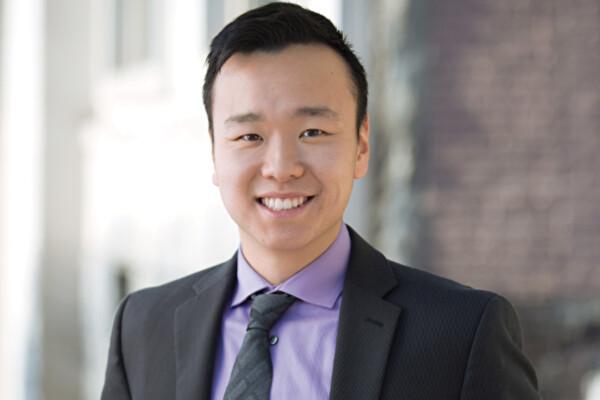Twenty-five-year-old activist Kenny Xu has recently garnered media attention for his outspoken opposition to diversity, equity, and inclusion (DEI) initiatives. The second-generation Chinese-American and his team, Color Us United, scored a major victory in February when they successfully campaigned for the University of North Carolina (UNC) system to ban DEI requirements in recruitment and hiring.
At its Board of Governors meeting on Feb. 23, UNC voted to ban DEI statements and compelled speech from admission, hiring, promotion, and tenure decisions.





